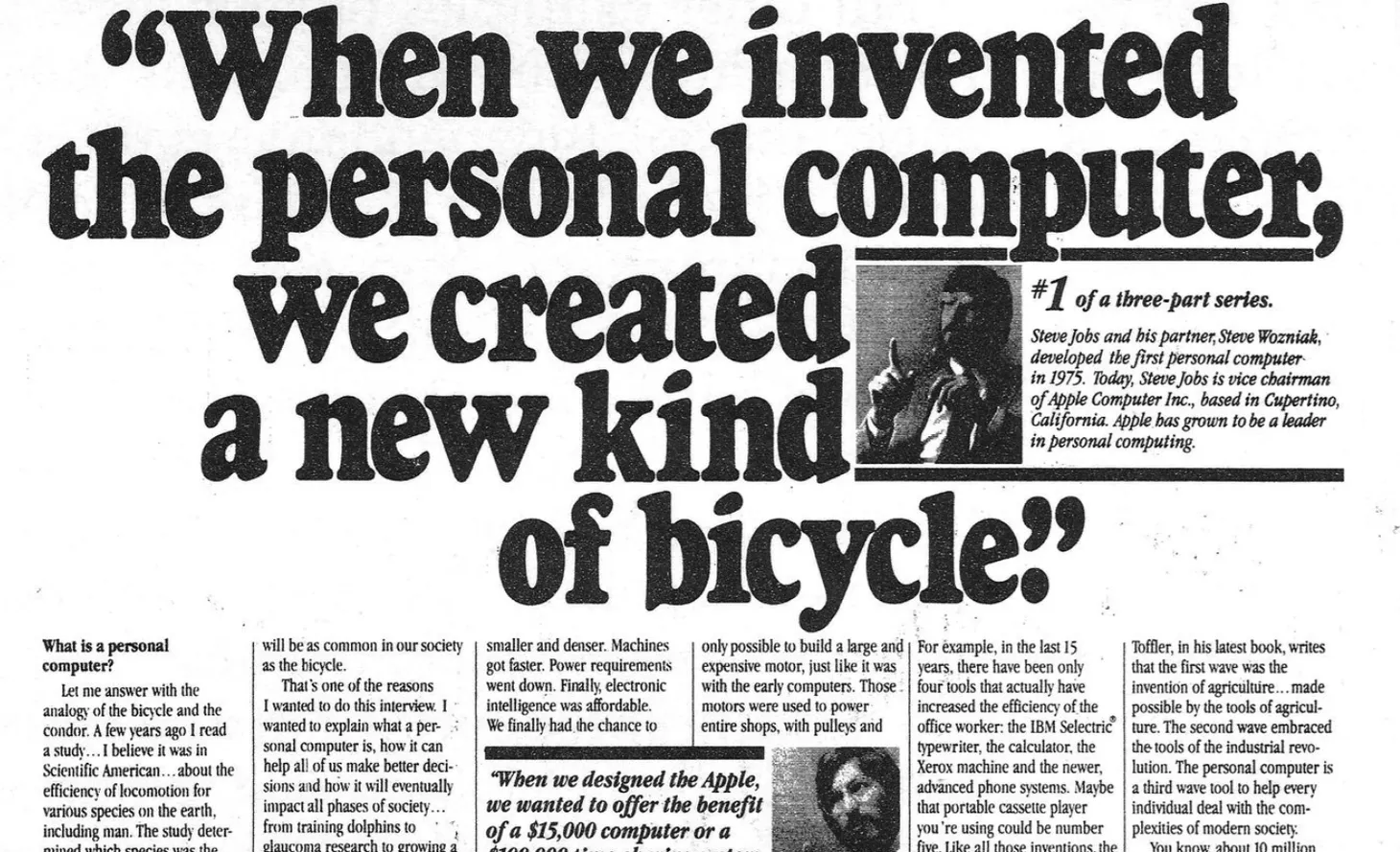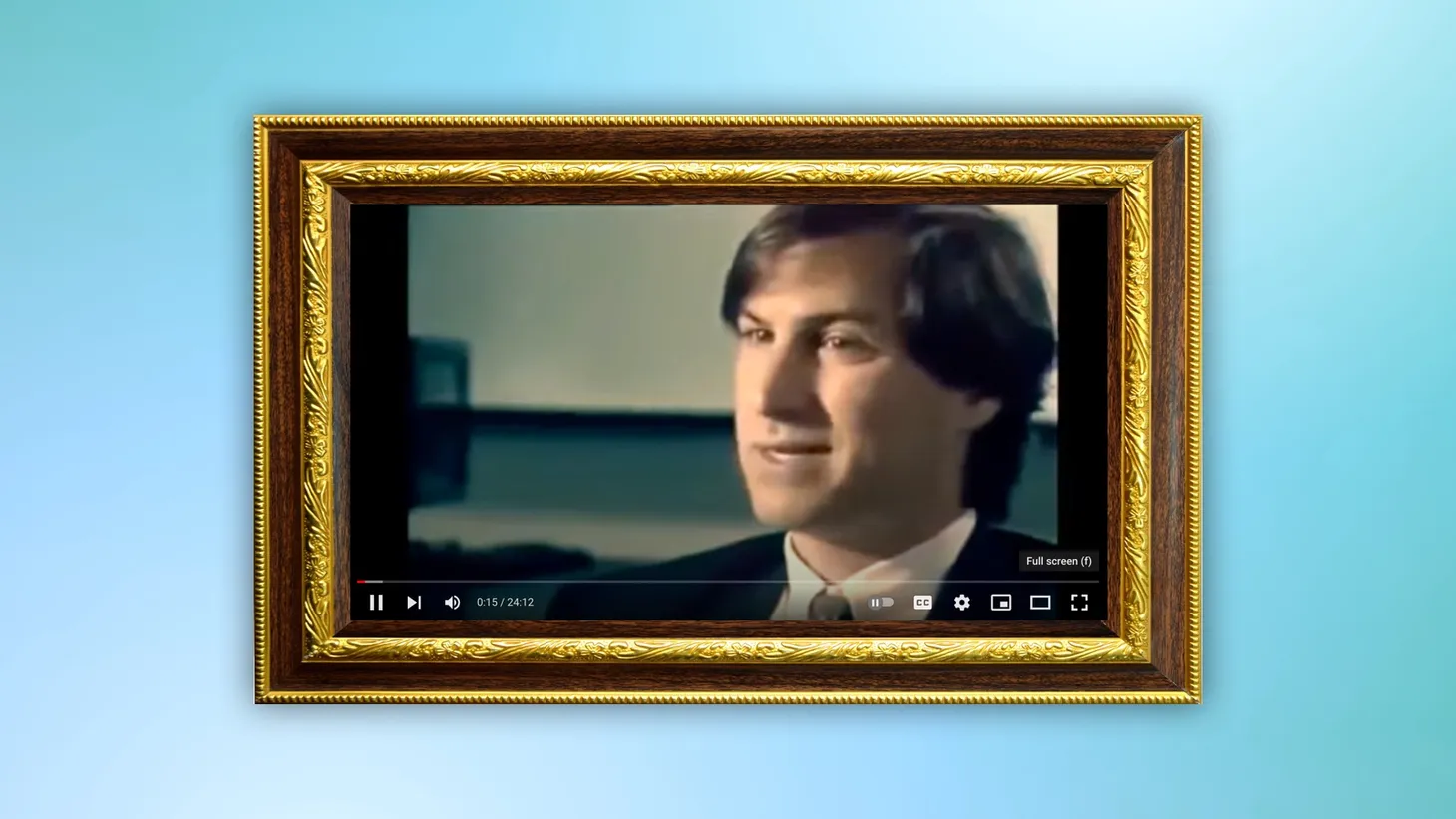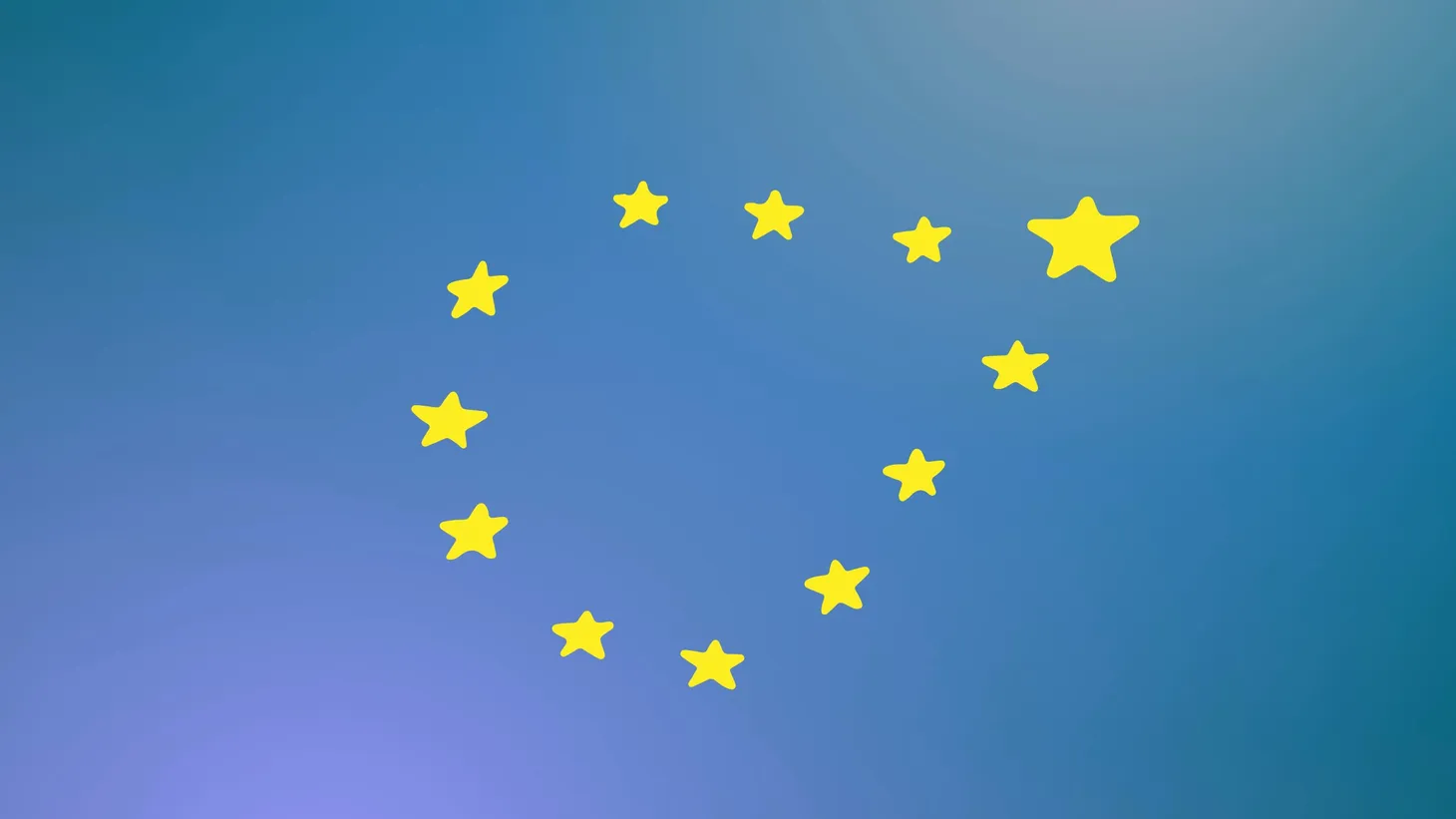The Ant That Went to Mars
Humanity is becoming an online species. As a result, we'll become crazier than ever. Our survival depends on it.

Still In Praise of Ponzis
The bubble has popped, but pyramid schemes are more important than ever. If you want customers to notice you, you'll have to play along.

Remote Work: Facts and Fiction
Last week, I hosted a live discussion with Stanford University Professor Nick Bloom. Nick has been mapping the evolution of remote work for two decades. An Economics Professor at Stanford University, his research paints a detailed and methodical picture of where and how people are working, how productive they are,

Drops: Zero-China, Elon's Headache, Remote Work, and Generative Content
Quick takes on tweets, articles, and books I've been reading.
The Rise of Synthetic Ideology
Technology was always good at spreading bad ideas. Now, it is starting to produce them directly.

Seeing Through Walls
I am back from vacation and almost done with the Jewish Holidays. I have dozens of notes and ideas to write about over the coming weeks. While I review everything, below are a few quick thoughts and updates. Remote Work: Facts and Fiction Nicholas Bloom has been mapping the evolution

Keeping NYC On Top
In early 2021, I was asked by Scott Rechler and RXR to write down my views on New York City's future. These included my predictions about the impact of remote work, the validity of existing economic theories, and what the city must do to become more attractive. I

Cannibalizing the Dollar
The U.S. should launch a digital currency to compete with the dollar, not to mimic it.

Cars and the Urbanizer's Dilemma
To remain attractive, cities must do things that upset landlords and drivers.

The Machine Whisperer
Machines can generate art. But telling them what to generate is an art in itself.

The Money is the Message
Distorting the cost of money messes up all economic and social communication. But it also conveys an important truth.

A Bicycle of Inequality
Computers multiply the powers of the human mind. But they affect each person differently, very differently.

How to Create More Taylor Swifts?
Remote Work and Artificial Intelligence offer two ways to better allocate talent.

Remote as a Corporate Need
We tend to think of remote work as a perk demanded by picky (or lazy) employees. But the only reason that remote and flexible work is becoming more prevalent is that capitalism itself requires it. We are at a stage of industrial development that requires organizations to become more flexible,

Retiring from Unemployment
Leisure is more enjoyable when work is no longer an option.

Quiet Quitting, UBI, and Psychic Inequality
You can redistribute money, but can you redistribute meaning? The entertainment industry offers some lessons.

Perks and Harbingers
A row at Saville Row, a transport miracle, Gorbachev, and modular work.

Remote Work is Europe
What happens when you integrate multiple cities and countries into a single labor market? Europe offers important hints about the future of work.

Commodity Kardashians
Technology does not want to replace you. It wants to make you interchangeable.

The Scalable Imagination
📚I am writing a new book about the future of work, cities, and companies. Click here to read the first few pages. The Scalable Imagination0:00/233.8220831× We tend to underestimate technology's power to turn in-person work into scalable work. On the verge of the 20th Century,


